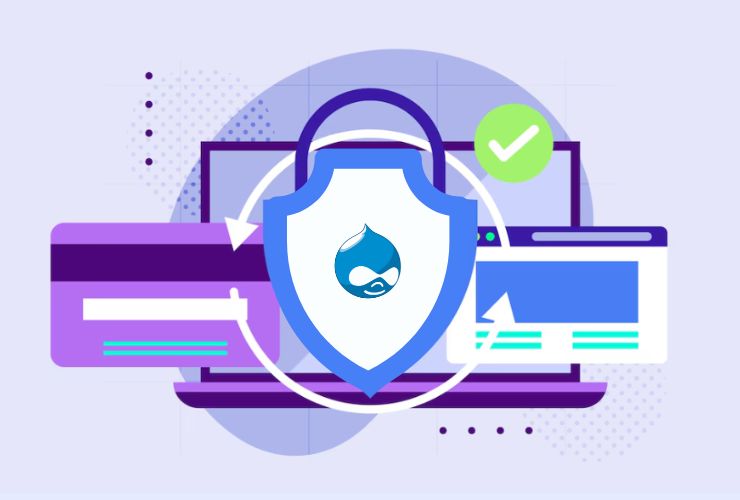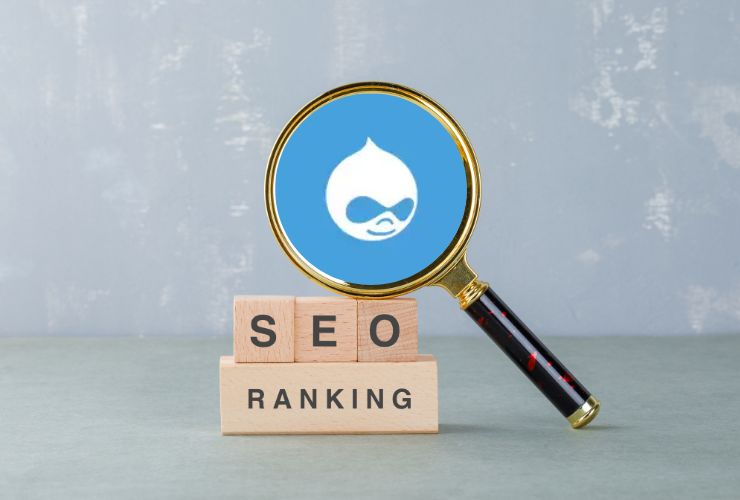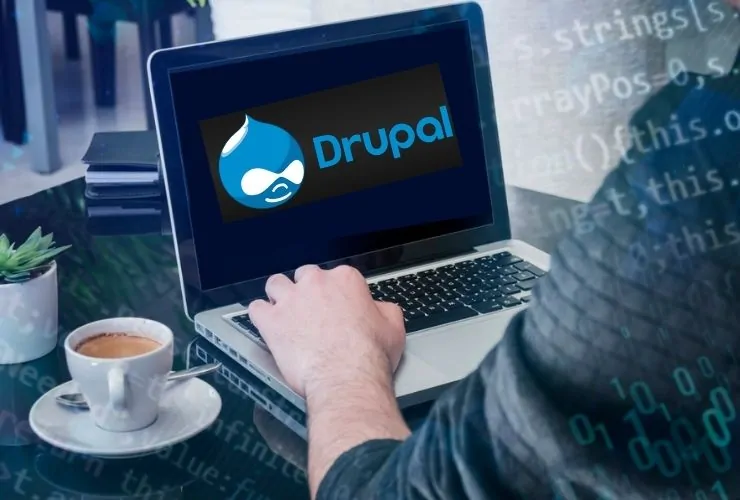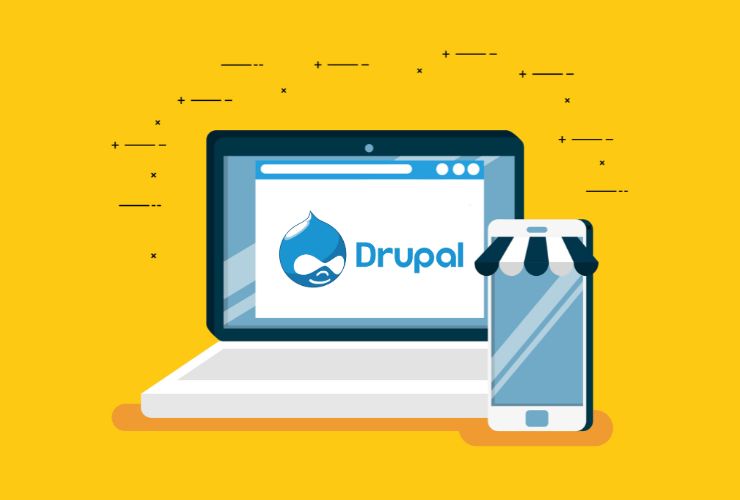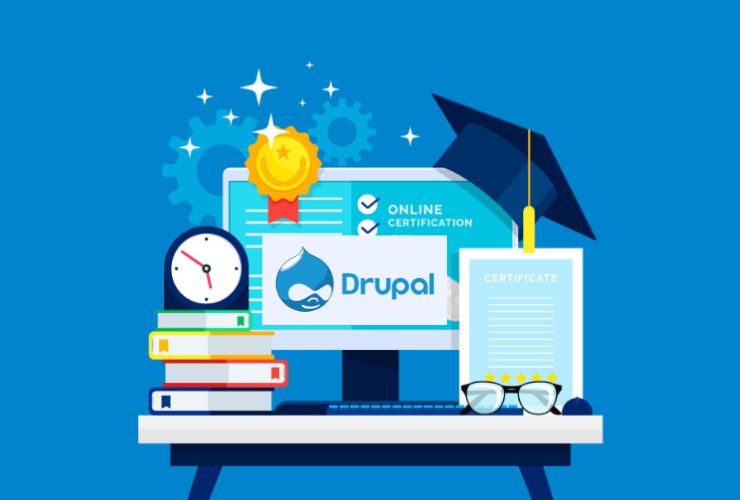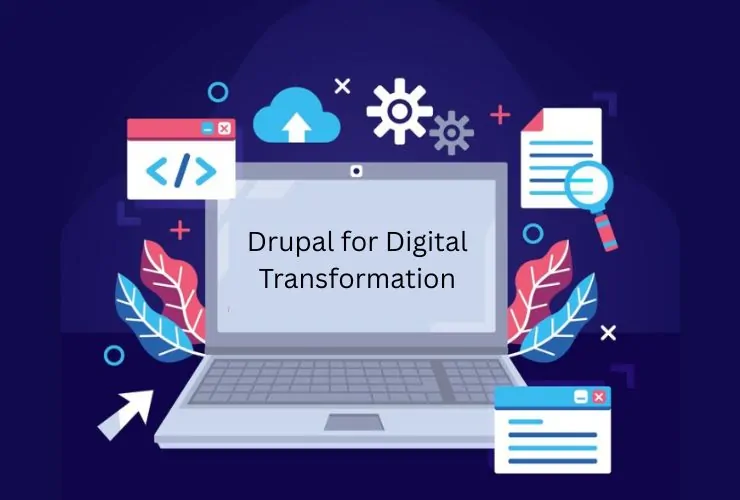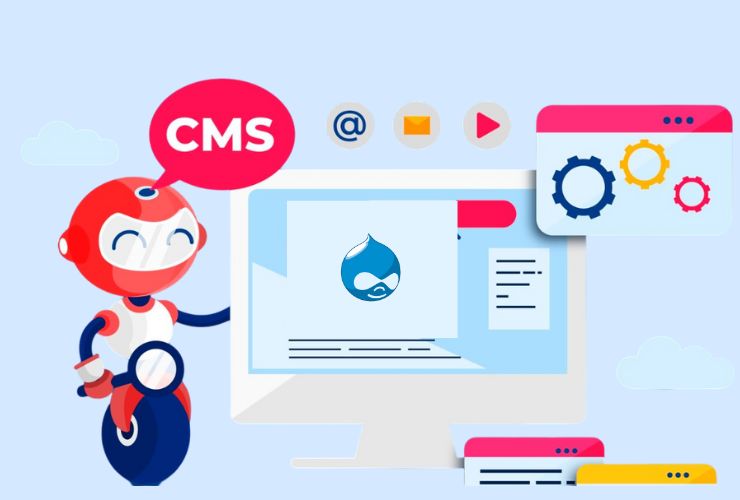Web security is not an option but rather an essential aspect of life nowadays. All businesses and organizations need to look for ways in order to provide protection to their digital assets, customer data, and reputations. Amongst all such CMS options that are available today, Drupal sits at the top of the list concerning the security features. Being famous for delivering class security features makes Drupal a perfect one for businesses, governments, as well as for other huge enterprises. Let’s see Why Drupal is One of the Most Secure CMS Platforms-
1. Secure Foundation
It is a web content management system with security deeply ingrained into its architecture. Multiple layers of protection are integrated within it, such as user access control, database encryption, and secure authentication mechanisms. All these aspects provide protection against unauthorized access and data breaches. Apart from this, Drupal has secure coding that prevents common vulnerabilities like SQL injection and script attacks.
2. Time to Time Security Update
Perhaps Drupal’s greatest strength is the active approach taken with updates. Drupal has an especially dedicated team in place, which works to watch and address vulnerabilities within the software; patches and security advisories are released often, and so potential threats can be addressed rapidly in order to safeguard your site against breaches.
3. Active and Vigilant Community
As an open-source solution, Drupal has evolved into a gigantic and fully active global community. Thousands of developers, security experts, and contributors keep reviewing the codebase; hence, all the probable weaknesses are identified and corrected in time. Collective vigilance helps Drupal stay ahead of its competition over security and reliability.
4. Fine-Grained User Permissions
Poorly managed access controls are the main cause of breaches. Drupal reduces this risk since administrators can define the most specific user roles and permissions. This granular control ensures the users get only the certain resources they require, which lowers the potentiality for accidental or malicious actions that could raise security issues.
5. Industry Standards Compliance
Most organizations engaged in regulated industries need legal and regulatory compliance. Drupal supports most of the critical industry standards, such as GDPR, HIPAA, and PCI DSS. With many built-in tools and modules, Drupal makes following strict guidelines much simpler, and that is why Drupal is excellent for healthcare, finance, and e-commerce sectors.
6. Advanced Database Security
Most of the cyber attacks target databases. Drupal has world-class database security through encrypting techniques for information storage. Keeping in mind the best secure coding practices, Drupal reduces vulnerability against SQL injection and other database-related security vulnerabilities that make your precious data vulnerable to hackers.
7. Defence Against Common Attacks
Drupal has been developed with utmost caution to fight common cyber threats. It has good defense against common attacks, which include:
- Cross-site scripting (XSS): Avoids malicious scripts from taking control of site functionality.
- Cross-site request forgery (CSRF): Avoids users from making unauthorized actions.
- Denial of Service (DoS) attacks: Avoids interruptions of service caused by overwhelming traffic.
- Injection vulnerabilities: Protect from code injection attacks.
8. Security-Focused Modules
There are a vast number of security-focused modules provided by Drupal for an additional layer of protection that ensures the application has robust security, including but not limited to:
- Captcha: Blocks automated bots from reaching your site.
- Secure Login: Two-factor authentication to ensure that much extra security is built in.
- Security Review: The website analysis by which vulnerabilities can be detected and rectified.
- All these modules provide businesses the chance to personalize their Drupal sites with maximum security features without affecting their performance and usability.
9. Periodic Audits and Penetration Testing
Drupal is audited and penetration-tested to ensure its platform is vulnerability-free. It is through constant scrutiny that strengthens its defense mechanism and increases the trust organizations put in its capability to secure sensitive data.
10. Trusted by High-Security Organizations
Security assurance from high profile organizations around the globe, trusting them for the reliability of the sites. Government agencies, banks and large companies decide to host on Drupal. High profiles are the site of WhiteHouse.gov, NASA, and also the international bank-which involves high security access.
Benefits the Security Model employed by Drupal
- A Sense of Security: Reduced Threats Allow Organizations to Focus on Growth
- Cost Savings: Preventive security measures reduce the cost of a breach.
- Trust and Credibility: A secure site builds trust with customers and stakeholders.
Conclusion
More than a CMS, Drupal is the digital fortress protecting your valuable assets. With this kind of high-level security, proactive updates, and industry standard compliance, Drupal still remains the number one choice for businesses and organizations that are prioritizing security. Whether it is an e-commerce store, government data site, or even securing healthcare records, Drupal can make your platform resilient, reliable, and prepared for modern security challenges.

